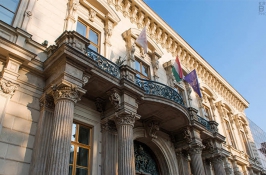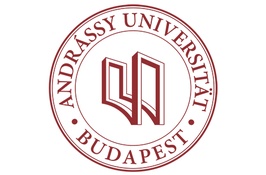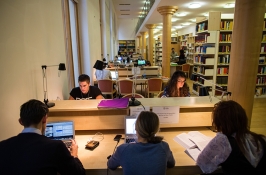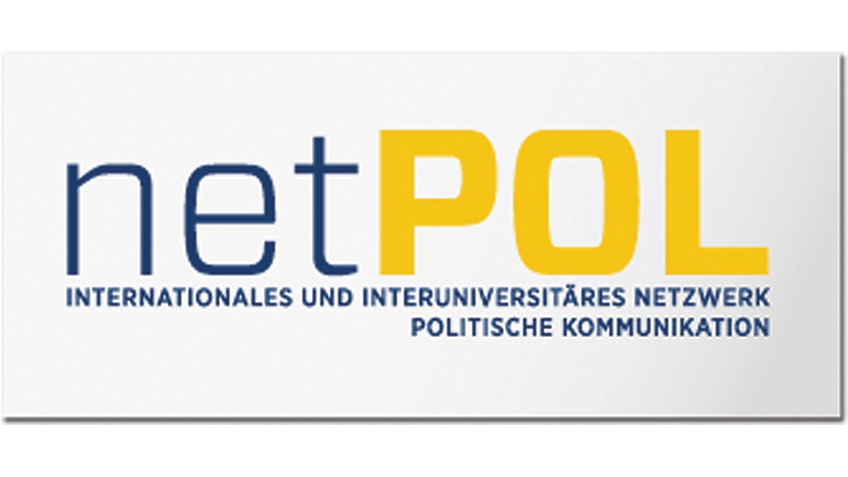The Balkan region is located in the neighbourhood of the European Union and shares a long history with the European continent. This interdisciplinary project aims to approach the region via various innovative perspectives to evaluate its subjective and objective position towards the rest of Europe, to elaborate on their contribution in shaping Europe, their cultural and social importance, and their historical legacies, yet always taking the connections and relations to the neighbouring regions and the impact of its proximity into consideration.
This interdisciplinary project aims to free the Western Balkans of their image as an enclave for the purpose of offering a more constructive analysis and generous European perspectives. Beyond the ‘Western Balkan’ label (‘WB’ label), there is a set of countries embedded in a larger macro- and interregional reality. Mapping the larger area as the enclave’s genuine neighbourhood will emphasise how close the WB are to their EU environment. It is also a conceptual framework that will open up some recurring questions about integration and democracy. Proximity and neighbourhood are concepts with the potential to rethink the region instead of excluding a part of it from our European interrogations.
Content
A patchwork of old-new nations; an interlacing of faiths and traditions; the vicinity of the close and the distant past; the contiguity, in space and time, of European integration: the Balkans, within Europe, can be interpreted as a complex set of proximities. The peninsula reflects the diversity of the continent to which it belongs. It also highlights that, beyond the catchy commonplace, diversity is a challenge: initially based on fractures, diversity turns into a value when integration overrides the mere juxtaposition of differences. The post-war European project was about creating such constructive neighbourhood relations.
Geographical proximity does not lead automatically to fruitful neighbourhood dynamics. Georg Simmel pointed out in his classic framework how proximity in itself does not guarantee neighbourhood. Individuals or groups might live close to each other; there is, so to speak, no space (‘nothing’) between them if they do not build up neighbourly relations. In our times of fractured digital identities, the very process of Europeanization seems to stall in the Balkans due to this lack of real, constructed, and developed ‘space’ between nations, peoples, cultures. Following Simmel, a genuine neighbourhood is the very opposite of such a compact yet disarticulated patchwork.
The Balkans’ European integration can be read as a transition from the patchwork to a cohesive neighbourhood structure. The peninsula’s geopolitical location is also an issue of longer-term European neighbourhood strategy: the region’s integration guarantees that its multiple fractures will not expose it as a playground for global players, i.e., political and economic ‘neighbours’ who weaken Europe.
Research foci
The proximity and neighbourhood framework improves our understanding on at least four major points:
- We are going to broaden the perspective on the peninsula as a whole. The usual touchstones (are Greece and Romania in the Balkans? Should we consider Turkey?) are avoided. The focus is on multiple boundaries, not political borders. The European integration of the WB calls for leaving the pejorative label aside and rethinking the region’s practical and geopolitical location in terms of neighbourhood.
- The theme provides new angles on the challenges of democracy. Stabilisation and Association Process (SAP) Countries blocked at the threshold of EU integration tend to turn into stabilitocracies. The ties between the WB and the V4 give a cynical twist to the notion of ‘Europeanization’: illiberal democracy is an EU export, reaching the Balkans through Hungary and Slovenia. We need to consider the larger neighbourhood of the WB to get the big picture and overcome such anti-democratic proximities.
- Ethnicism creates the illusion that a neighbouring land is ‘closer’ than the country in which we actually live, as with Serbia in the eyes of Bosnian Serbs. This is a dangerous model for other minorities such as ethnic Hungarians in East-Central Europe. Minority issues raise the question of the very quality of citizenship. This concept deserves attention now that the relationship between the state and its citizens needs to be renegotiated.
- If many corners of the Yugosphere are like the former Yugoslavia in miniature, the Balkan peninsula is a paradigm of Europe, often a distorted mirror of the continent, its attributes, challenges, and deadlocks. To rethink the Balkans beyond geopolitical labels and constructed fractures is a genuine contribution to the relaunch of the exhausted European project.
Objectives
In the framework of the project, several workshops and publications in cooperation with the Albert Hirschman Centre on Democracy in Geneva are planned. The project activities will take place under the umbrella of the Andrássy Forum for Western Balkan Studies – a research platform at the Andrássy University Budapest.
The project’s first workshop, which should mobilize scholars across various disciplines across the Balkans and a bit beyond, will take place in April 2022 in Budapest. Additional workshops on the topics will follow.
- Workshop at the Andrássy University Budapest: 22-23 April 2022.
- Workshops and/or conferences in June 2022 are in the planning stages.
Publications are an integral part of the project. The ideas for the project are being developed in a series of commentaries, which are published on the website of the Albert Hirschman Centre on Democracy. For further information on the commentary series, please see: https://www.graduateinstitute.ch/communications/news/balkans-proximity-and-neighborhood-challenge-democratic-transformation
The experts and academics involved in the project are disseminating the research outcomes in conferences and publications. The Andrássy Forum for Western Balkan Studies has included the project as one of its research priorities.
A substantial publication, a book, or a special journal issue will bring together the research outcomes of the project. PhD students researching the Balkans are encouraged to join the project and to contribute to its research and publication activities, thereby benefitting from such an interdisciplinary and international platform. The conducted research could also feed into new courses provided by the host institutions.
Contacts
Adam Bence Balazs: Fellow for the Graduate Institute in Geneva and the Laboratoire de Changement Social et Politique (LCSP) - Université de Paris (f. Paris 7 - Denis-Diderot); Lecturer at Andrássy Universität Budapest; adam.balazs@andrassyuni.hu
Christina Griessler: Research Fellow for the Network for Political Communication (netPOL) at the Andrássy University Budapest; christina.griessler@andrassyuni.hu
Partner: Albert Hirschmann Centre on Democracy, Graduate Institute Geneva
Text by Dr Christina Griessler
The publication was financially supported by the Pallas Athéné Domus Meriti Foundation.

 STUDIERENDE
STUDIERENDE


 ETN
QuickLinks
Kontakt
ETN
QuickLinks
Kontakt
 Stipendien
Stipendien
Studiengänge
Promovieren an der AUB
Bewerbung
Alumni
Stipendien
Stipendien
Studiengänge
Promovieren an der AUB
Bewerbung
Alumni
 Web Feedback
Veranstaltungsnewsletter
Web Feedback
Veranstaltungsnewsletter
